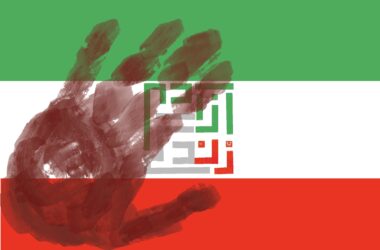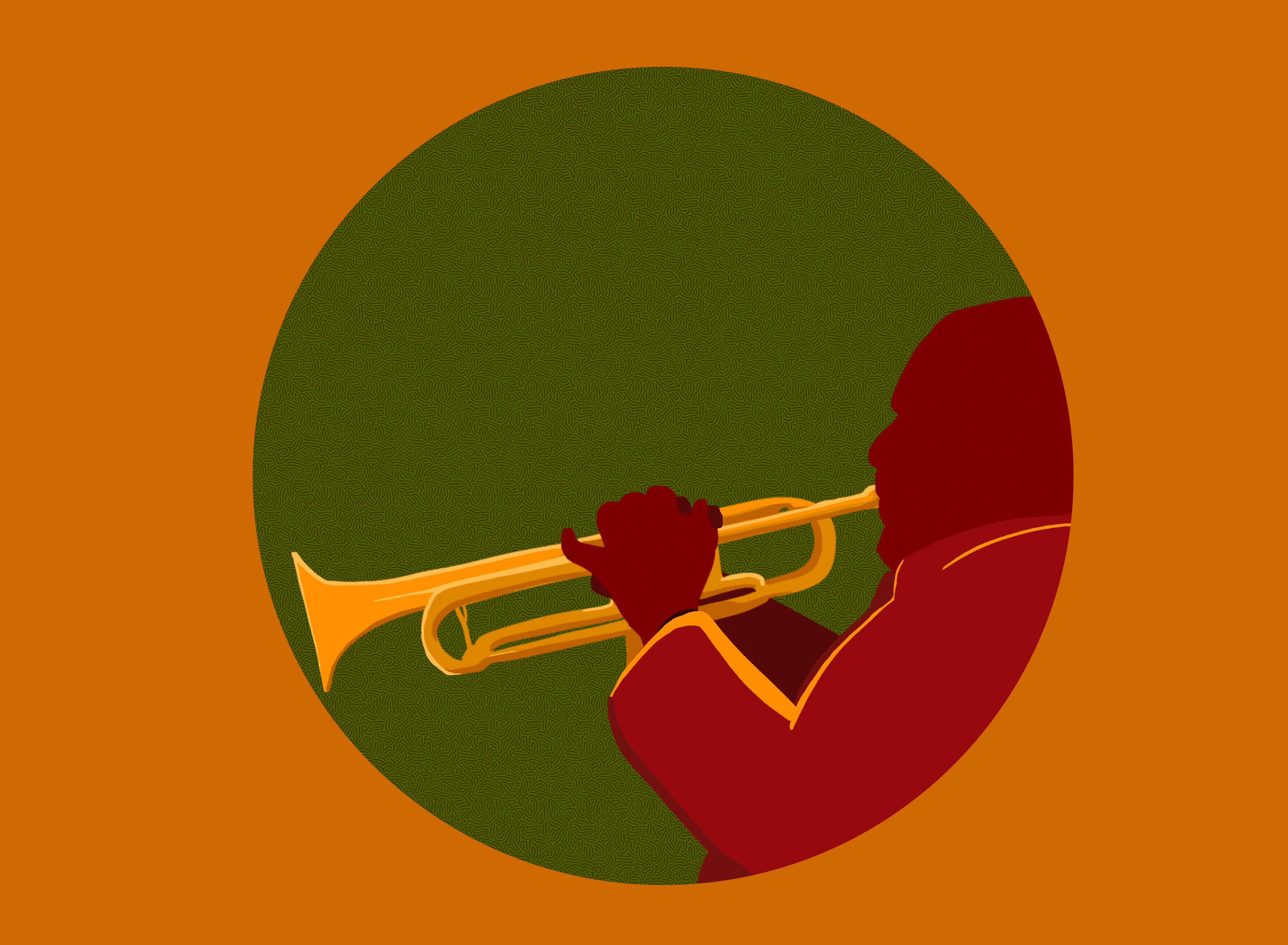Sept. 19 marked the commencement of McGill’s 2025 Indigenous Awareness Week, an 11-day event series celebrating Indigenous cultures and histories. The series also highlights the critical role McGill community members play in reconciling the historical and current impacts of settler colonialism. The week features guest lectures, campus Pow Wows, traditional cooking tasting events, and even a Legacy Game at Percival Molson Memorial Stadium, saluting the Indigenous roots of lacrosse.
But, concrete actions speak louder than an annual event series. While McGill has taken important steps forward, the university has failed to deliver more than a mere perfunctory commitment to institutional change, offered misleading claims to progress, and consistently neglected substantial reconciliation.
McGill frames the initiatives scheduled during Indigenous Awareness Week as a step towards achieving the 52 Calls to Action identified by its Task Force on Indigenous Studies and Indigenous Education. The calls to action fall within five categories: Student recruitment and retention, physical representation and symbolic recognition, academic programs and curricula, research, and building capacity and human resources.
On the Office of Indigenous Initiatives’ (OII) website, McGill’s progress on these 52 calls to action is monitored; three task force items are described as “in progress,” forty as “achieved,” and nine as “achieved and further expanded.” Initially sounding promising, these progress updates are at best misconstrued and at worst downright false.
McGill erroneously describes Call to Action 31: Indigenous Studies Program as being “achieved and further expanded,” despite the university failing to institute an Indigenous Studies major. In fine print, the website states that additional steps are necessary to fully complete this goal, but the action item remains deceptively marked as “achieved.”
McGill’s use of the word ‘achieved’ holds rhetorical significance, implying that it is somehow possible to ‘finish’ reconciliation—an inherently reflective, evolving process. This discourse epitomizes McGill’s approach towards reconciliation: Treating an ongoing responsibility as a task that must be checked off for the sake of plausible deniability as McGill continues to incite harm against Indigenous groups in Quebec.
Despite years of organizing by the Kanien’kehá:ka Kahnistensera (Mohawk Mothers) against McGill’s New Vic Project, the university has continued construction and engaged in an ongoing legal battle to evade Indigenous consent—despite clear evidence of potential human remains.
Last November, McGill removed a pine sapling planted by Kanien’kehá:ka women in commemoration of the Palestine Solidarity Encampment, asserting the pine had been planted without consent by the university and therefore had to be removed. This defence represents an appalling contradiction to the sentiments McGill alleges in every land acknowledgement it utters. McGill acknowledges that it resides on stolen, unceded land, but weaponizes a claim of property ownership to justify the erasure of Indigenous tradition and action.
Clearly, McGill is only comfortable with convenient reconciliation. The recent redesign of the Y-Intersection to include Indigenous art, culture, and history is a beautiful gesture, but purely symbolic. At the very centre of the exposition, the university irreverently placed a decorative urn honouring founder James McGill, a slave owner, colonial figure, and exploiter of Indigenous communities and their financial reserves.
Beyond failing to meaningfully address its 52 Calls to Action, McGill has left 94 federal Calls to Action unaddressed entirely. The Truth and Reconciliation Commission of Canada’s (TRC) 2015 report, a product of research spearheaded by Indigenous leader Murray Sinclair, offers tangible recommendations through which institutions can promote reconciliation of colonial histories and Canada’s residential school system. Notably, a number of McGill’s 52 Calls to Action actually undermine those of the TRC, allowing the university to cherry-pick its course of redress, while still operating under the guise of reconciliation.
TRC Call 71—calling on institutions to submit all evidence of remains of Indigenous children killed in residential schools—is explicitly undermined by McGill’s dismissal of the Mohawk Mothers and continued construction at the New Vic site. McGill has also failed to join the National Centre for Truth and Reconciliation (NCTR), successor of the TRC, as a university partner, despite 17 other educational institutions in Canada doing so.
As the events of Indigenous Awareness Week come to a close, McGill cannot continue to limit its commitment to Indigenous communities to mere display and symbolic action. The university must cede to the demands of the Mohawk Mothers, demonstrate its commitment to both institutional and federal calls to action, and transform its reconciliation practices from a superficial, public-relations exercise into a profound lived practice of accountability and repair.









